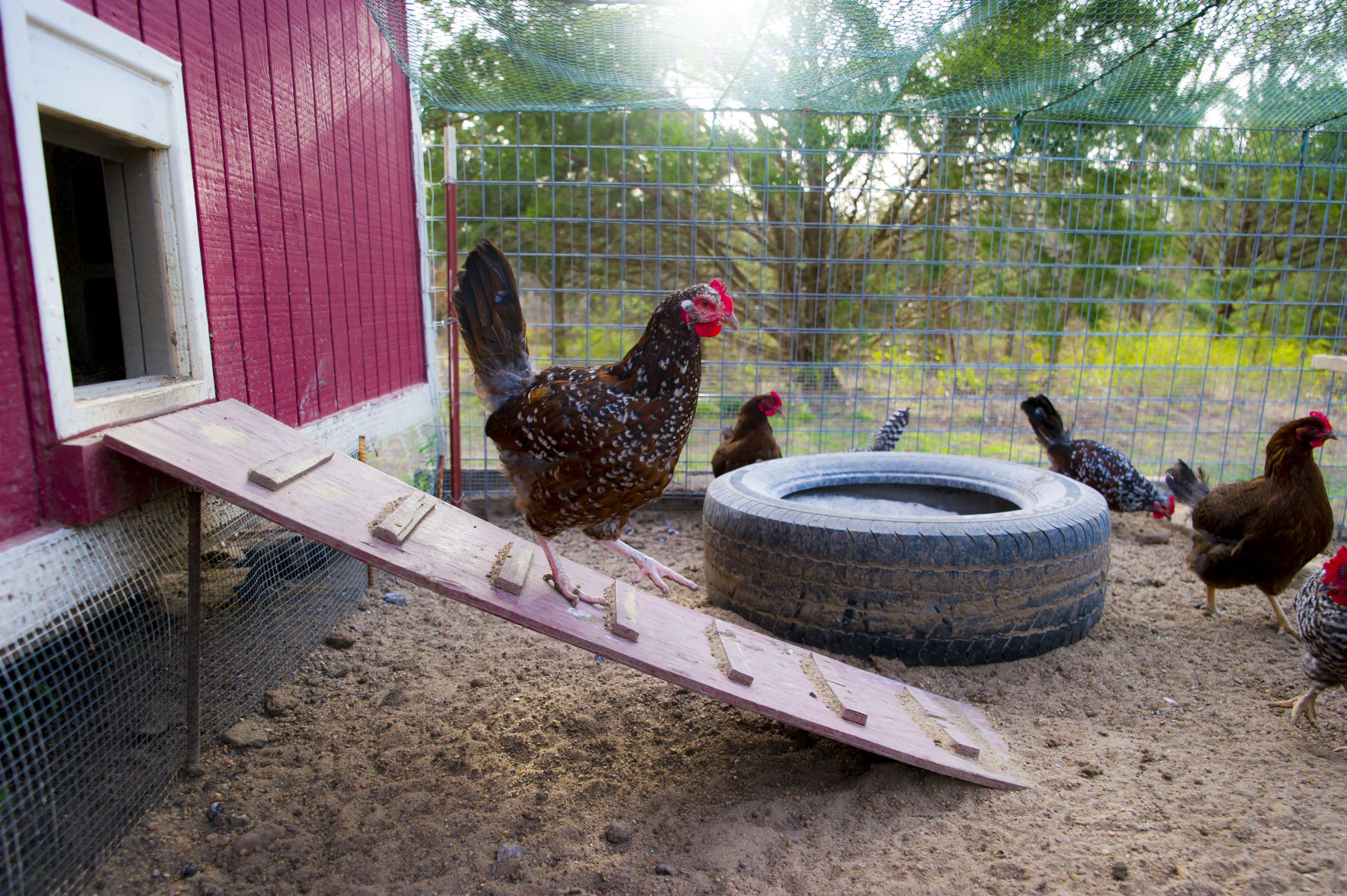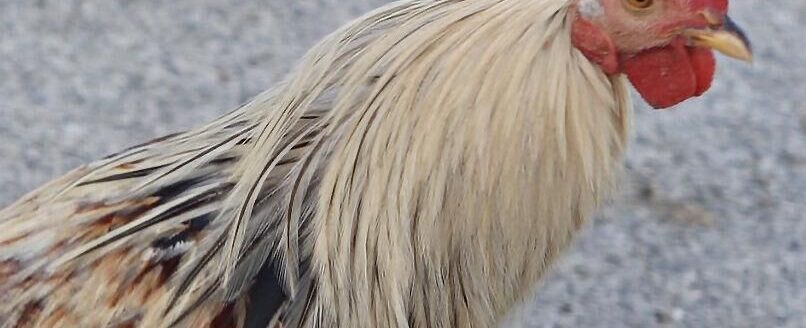The Nebraska Department of Agriculture in conjunction with the United States Department of Agriculture’s Wildlife Services and USDA’s Animal and Plant Health Inspection Service have confirmed the presence of highly pathogenic H5N1 avian influenza n a wild goose near Holmes Lake in Lincoln. This is the state’s first confirmed case of HPAI since 2015.
“While Nebraska has not seen HPAI in a backyard or commercial poultry flock within the state this year, the finding of this single goose adds Nebraska to a long list of states with confirmed cases of HPAI,” said State Veterinarian Dr. Roger Dudley. “Infected wild birds can carry the disease to new areas when migrating,so we encourage backyard poultry and commercial poultry flocks to continue to remain vigilant, practice good biosecurity and report sick or dying birds immediately.”
The Nebraska Department of Agriculture and the Kansas Department of Agriculture’s Division of Animal Health encourage poultry owners to take steps to protect their commercial and backyard flocks from avian influenza by monitoring their birds for symptoms and by implementing biosecurity practices.
Highly pathogenic avian influenza is a highly contagious viral disease that can infect chickens, turkeys, and other birds and can cause severe illness and/or sudden death. HPAI has been identified in backyard flocks as well as commercial operations in neighboring states; it has not been detected in Kansas.
“Protecting the poultry in the state is a high priority, and we need all poultry owners to be part of the effort to prevent the spread of disease in Kansas,” said Animal Health Commissioner Justin Smith. “Our best defense is to follow strict biosecurity practices and vigilantly monitor birds for any signs of illness.”
Biosecurity refers to practices that prevent possible contamination. For poultry, biosecurity practices include:
-
Prevent contact with wild birds, especially wild waterfowl.
-
Restrict unauthorized people and vehicles.
-
Cover and enclose outdoor feeding areas, and cover stored feed.
-
Clean and disinfect any vehicle tires or equipment that has been on other farms or other locations where there is poultry or wild birds.
-
Wear clean clothing, boots and shoes when in contact with your flock.
-
Isolate new birds.
Symptoms of HPAI include: coughing, sneezing, nasal discharge, and other signs of respiratory distress; lack of energy and appetite; decreased water consumption; decreased egg production and/or soft-shelled, misshapen eggs; incoordination; and diarrhea. Avian influenza can also cause sudden death in birds even if they aren’t showing other symptoms.
If symptoms are observed in your birds, immediately contact your veterinarian. If you don’t have a regular veterinarian, contact KDA’s Division of Animal Health at 785-564-6601.
According to the U.S. Centers for Disease Control and Prevention, the recent HPAI detections do not present an immediate public health concern. No human cases of these avian influenza viruses have been detected in the United States. Avian influenza does not present a food safety risk. Poultry and eggs are safe to eat when handled and cooked properly.
As part of existing avian influenza response plans, federal and state partners are working jointly on additional surveillance and testing in areas around the affected flock. The United States has the strongest avian influenza surveillance program in the world, and USDA is working with its partners to actively look for the disease in commercial poultry operations, live bird markets and in migratory wild bird populations.
For more information about HPAI, including current status of the confirmed cases in other states as well as more information about biosecurity for your flock, go to the KDA’s avian influenza webpage at agriculture.ks.gov/AvianInfluenza or call 785-564-6601.
Sign up for HPJ Insights
Our weekly newsletter delivers the latest news straight to your inbox including breaking news, our exclusive columns and much more.




